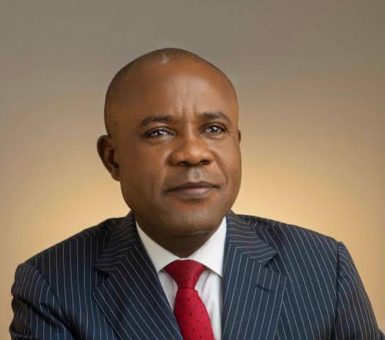
The Federal Government has announced plans to save between N18 billion and N24 billion annually through discounted air fares when the BisonFly Project becomes operational.
The initiative, developed by the Federal Ministry of Finance, is designed to cut the cost of official air travel across Ministries, Departments, and Agencies (MDAs) by deploying a centralized, technology-enabled booking system.
Speaking in Abuja on Thursday, the Minister of Finance and Coordinating Minister of the Economy, Mr. Wale Edun, urged the team charged with the speedy implementation of the project to ensure full delivery of its objectives.
A statement from the ministry explained that the Minister met with stakeholders to discuss the project’s rollout, stressing the importance of timely execution and measurable results.
Represented at the meeting by the Permanent Secretary, Special Duties, Mr. Raymond Omenka Omachi, the Minister said the project has the potential to “significantly reduce the overhead cost of official air travel across the Federal Civil Service, with an estimated annual savings of N18-24 billion through discounted air fares.”
Edun said the BisonFly Project aligns with the Renewed Hope Agenda as well as ongoing fiscal policy and tax reforms of the current administration, all aimed at promoting cost optimization.
According to the ministry, the project will deploy digital booking tools and a centralized platform to enhance transparency and efficiency in official travel arrangements. It is also expected to strengthen the Federal Government’s commitment to prudent financial management.
“The BisonFly Project directly supports our commitment to prudent financial management,” Edun stated. “By coordinating travel and securing discounted rates, we are using the government’s collective bargaining power to cut expenditure and improve service delivery, just as global institutions like the World Bank have done successfully.”
The government expressed optimism that the project’s implementation will have a far-reaching impact on the Federal Civil Service by fostering a culture of transparency, accountability, and fiscal responsibility.
Officials also project that beyond cost savings, the initiative will contribute to economic growth, job creation, and improved productivity in the public sector, ultimately benefitting Nigerians.



